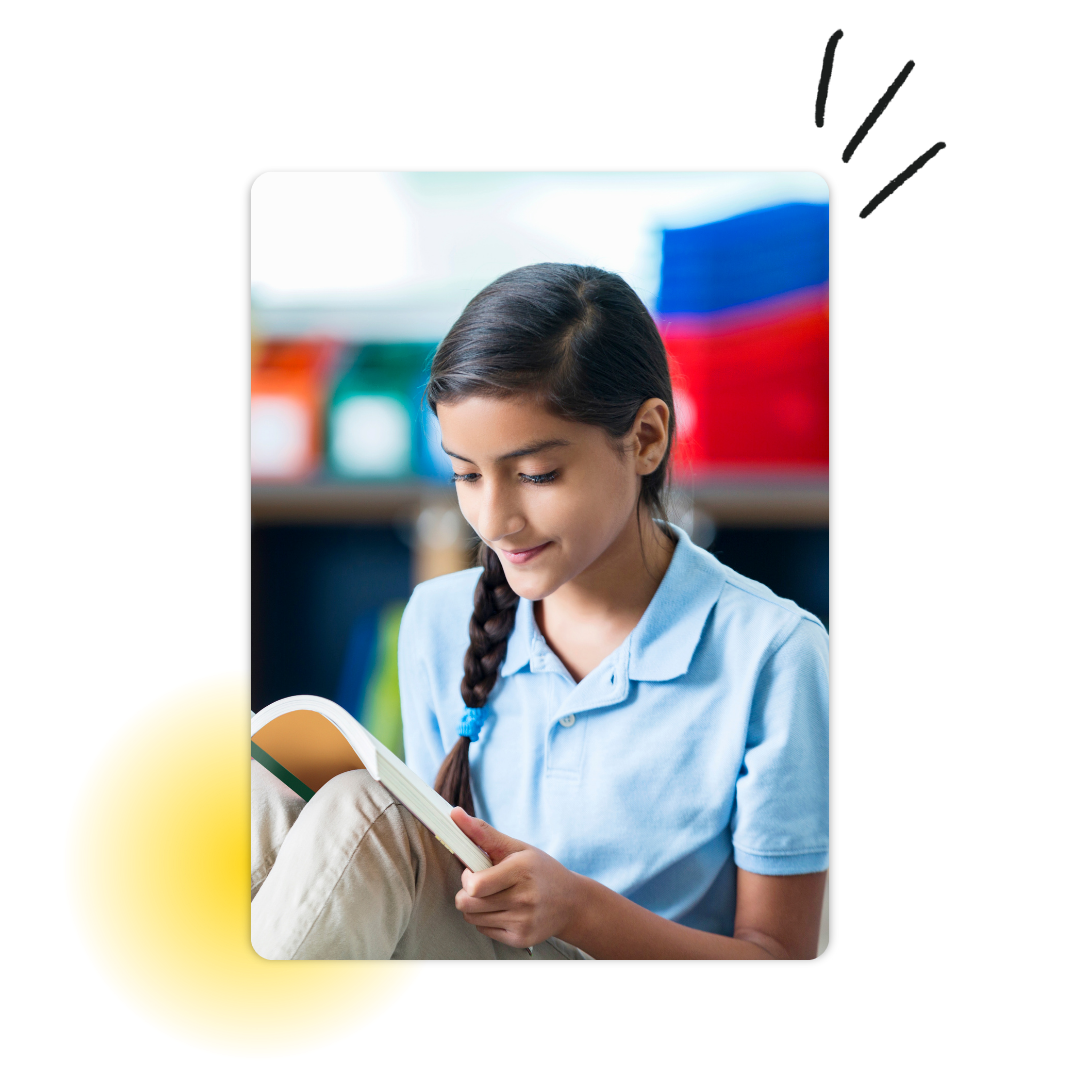
For many people (especially those with Executive Function challenges), managing money can be really stressful. If you can relate...
Listen to a high school student, Georgia's inspiring story of how Executive Function coaching not only improved her academic performance but also mended her relationship with her parents.
By 12th grade, Executive Function skills are needed for a smooth transition to college, where heightened school demands compete with new freedoms and extracurriculars.
Parents and teachers may notice:
Take our short assessment and receive free resources to help support your student's #1 Executive Function challenge area.
.png?width=940&height=788&name=Student%20EF%20Assessment%20Graphic%20(2).png)
A student's tendency to use the snooze button isn’t the main issue; there’s a lack of planning on their part that makes the morning routine more frantic than it needs to be. If it's wardrobe indecision that's driving the morning crush, we might even suggest enlisting the help of Snapchat for this (bear with us, here). Each night, the student could pick out three potential outfits and Snap them to friends. Whichever gets the votes goes right to the on-deck area for the morning. Students can also set up daily alerts for 8:30 pm the night before that walk them through a checklist of items they need to pack up: lunch, homework folder, planner, textbooks, and gym clothes. This way, they can get to school with homework in hand and a lot less stress.
Although it’s tough to maintain your attention when a subject that you find uninteresting is presented in a dull manner, learning to do so is part of developing Executive Function skills. Students can’t change a teacher's voice or teaching style or the subject, but they can change what they do when they listen to it. That might start with posture. Sitting upright rather than slouched over can help students get more oxygen into their lungs to feel more alert. So might the way they take notes — by finding a method that works for them (jotting down keywords, diagramming concepts, connecting chemistry to other aspects of her life). Other students have success by challenging themselves to participate in class a given number of times or by popping a strong-tasting mint to boost alertness.
Students' tendency to put off their homework until the last possible minute is understandable. The amount of energy and attention students need to focus on classes all day leaves them with little gas in the tank to begin a homework session. Add in distractions from friends texting and a younger brother watching cartoons in the next room and students' task initiation skills are put to the ultimate test. A student could start by setting up a to-do list for the evening. If distractions are the real barrier to getting started, they can try reducing their effect. They might try the Forest app on their phone to “plant” a tree on their phone so that while they work, it grows. If they touch their phone, the tree dies. If the distractions come through on the computer, installing Freedom might do the trick as this widget can block the user's access to tempting websites for a set amount of time. And, of course, they need to be mindful to relocate away from sources of distraction like siblings watching TV or overexcited pets who want attention.


Whether you're a parent looking to better support your child or are simply looking to improve your own Executive Function skills, this podcast is for you.

For many people (especially those with Executive Function challenges), managing money can be really stressful. If you can relate...
Check out our variety of resources and tips on Executive Function support, ADHD, mental health, and more.
As children start doing more complex tasks at school, they need to develop skills for taking part in school activities and ma...